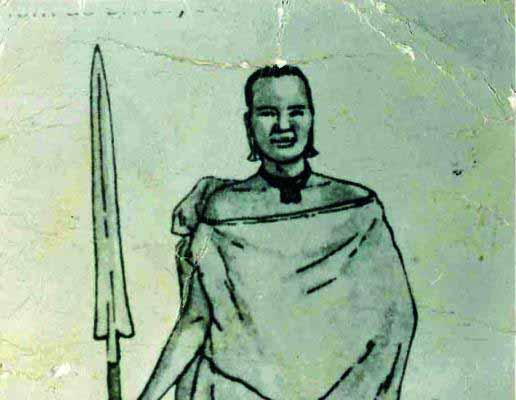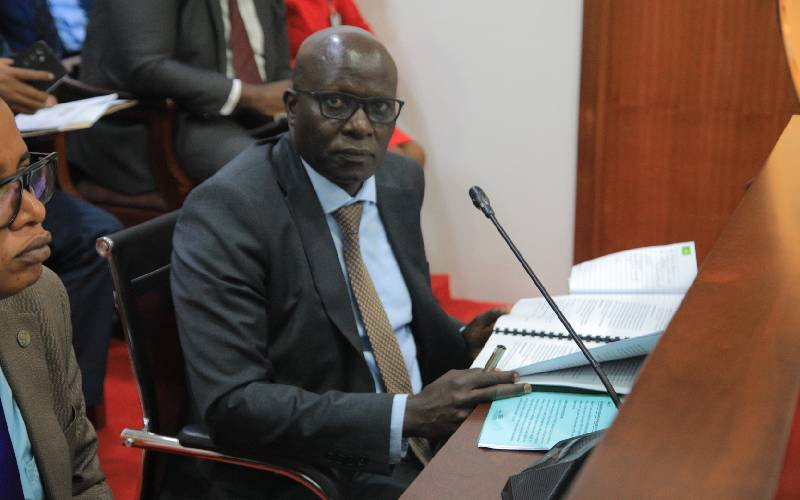×
The Standard e-Paper
Smart Minds Choose Us

When the handshake goes beyond the elbow, Chinua Achebe, the celebrated Nigeria writer warned, it turns into something else.
If only, Koitalel arap Samoei the iconic leader of the Nandi rebellion had internalised this, he would never have been lured into a meeting with one of the most disgraced Kenya African Rifle (KAR) soldier, Colonel Richard Meinertzhagen.







